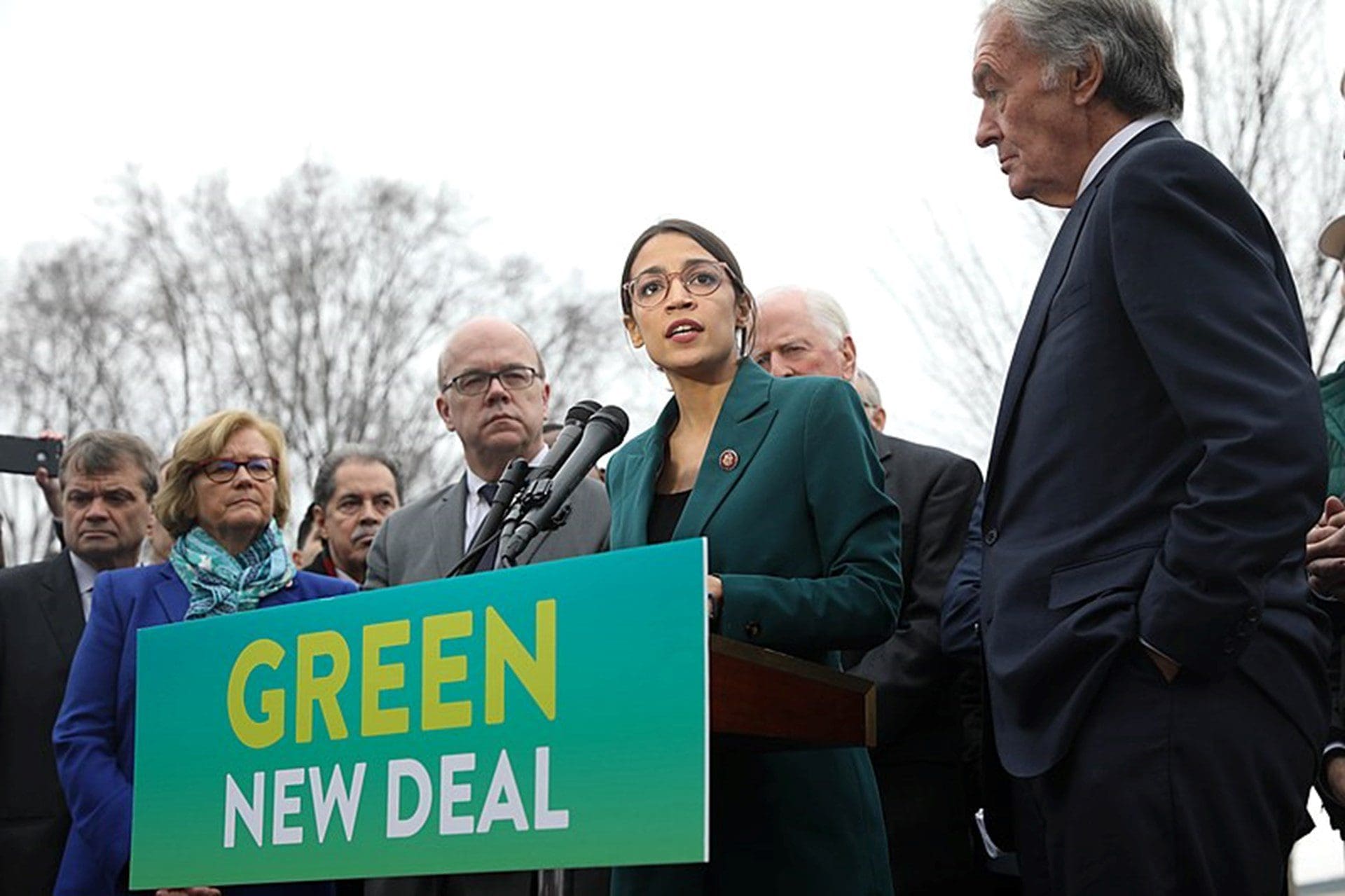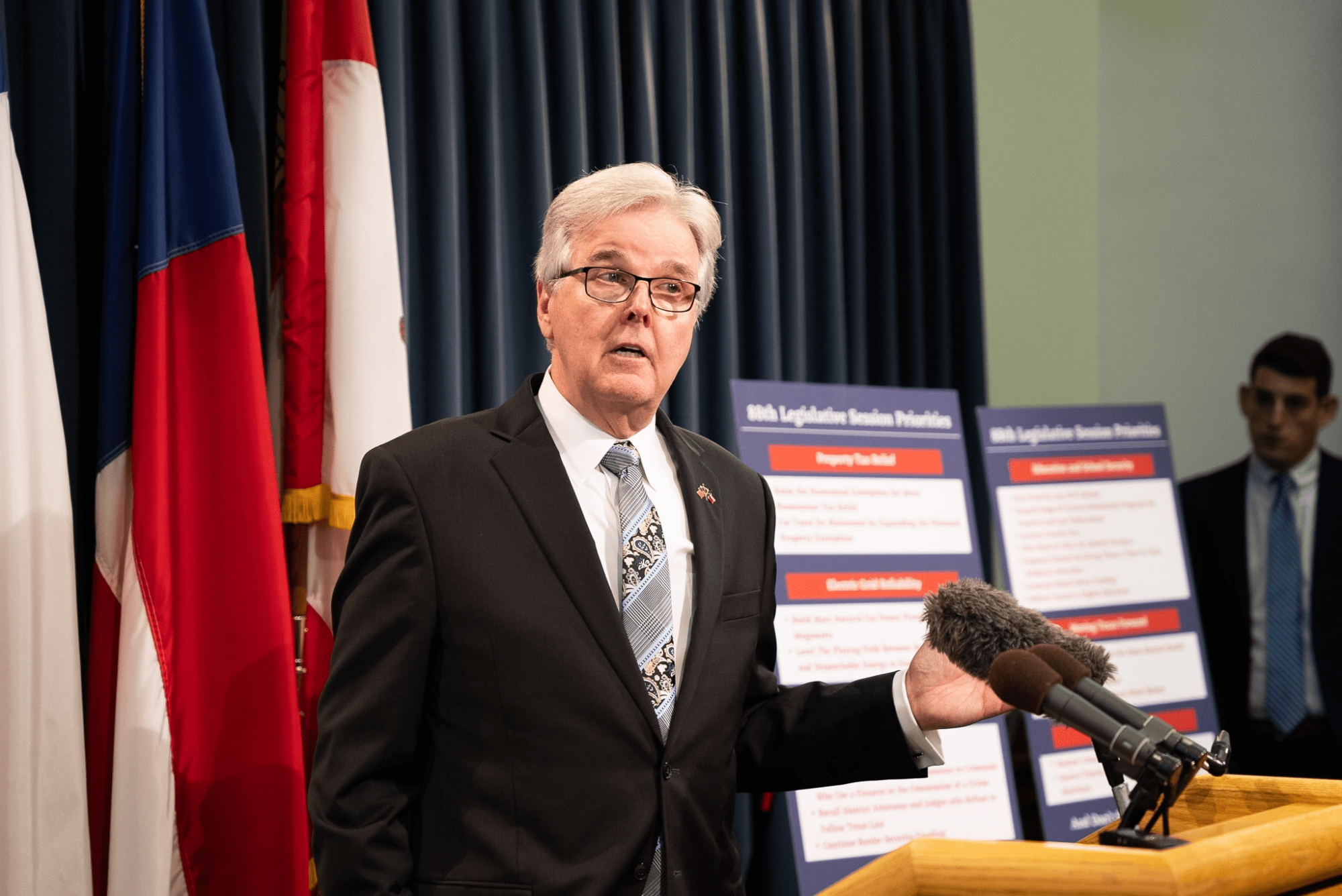Cities such as Austin are rolling full steam ahead toward policies that have increased taxes and electricity bills and brought blackouts in other countries while doing nothing for the environment.
Recently, Texas Scorecard reported how the City of Austin recently embraced socialist U.S. Rep. Alexandria Ocasio-Cortez’ (D-NY) Green New Deal, a radical proposal to upend the nation’s economy in the name of supposedly reducing greenhouse gas emissions.
Yet the harsh reality is that similar policies have already been tried in other parts of the world—and the consequences were startling.
Green Energy
Over time, Australia’s government has forcibly shifted their nation toward more reliance on “green energy” such as wind and solar power, but the decision backfired terribly in 2016 when the people in the state of South Australia had to endure a nightmarish electricity blackout after the government’s wind farms failed during a terrible storm. The blackout lasted for days in some areas and was said to have cost businesses in the area over $300 million Australian dollars.
Not only did citizens have to endure the costly blackout, but they have also had constantly increasing bills. Australia’s Parliament released a study that said the country’s climate change policies are one of the causes of skyrocketing home electricity prices, which surged a whopping 74 percent just from 2003 to 2013.
And in 2017, because of “huge costs” and the inability to compete with tax-funded renewable energy, one of Australia’s largest coal power stations closed, eliminating over 700 jobs and raising electricity prices in the state of Victoria 85 percent higher than the previous year.
Carbon Taxes
One key element of many climate change policies is a carbon tax, or essentially punishing citizens and businesses for carbon emissions. When Australia passed its carbon tax in 2012, home electricity and gas prices increased 14 percent and 13 percent, respectively, in one year.
In Canada, Prime Minister Justin Trudeau recently instituted a national carbon tax that has increased gasoline prices, ticked up inflation, and is estimated to cost households in three provinces over $1,000 Canadian dollars per year.
The United Kingdom actually stopped raising their carbon taxes until 2020 to stop electricity bills from rising higher than they already had. And to top it off, they also found their carbon tax hadn’t actually achieved any meaningful decrease in carbon emissions.
This matches the 2015 prediction of Canada’s Fraser Institute, which said “even a textbook perfect carbon tax would cause economic damage and reduced incomes,” and if reducing carbon emissions is the goal, then “carbon taxes would have to be set far beyond the level of harms they are intended to reduce.”
In addition, China and India continue to increase their pollution at such a rate that any reductions achieved by nations like Australia are completely canceled out.
“It’s climate change policy that’s doing harm,” former Australian Prime Minister Tony Abbott told the Global Warming Policy Forum in 2017, where he pushed back against the movement pushing this agenda.
Where these policies have been enacted, working taxpayers have borne enormous costs. Given how Texans are already struggling under the weight of crushing property taxes, do they really need more costs piled on themselves for a program that won’t even do anything to help the environment?





